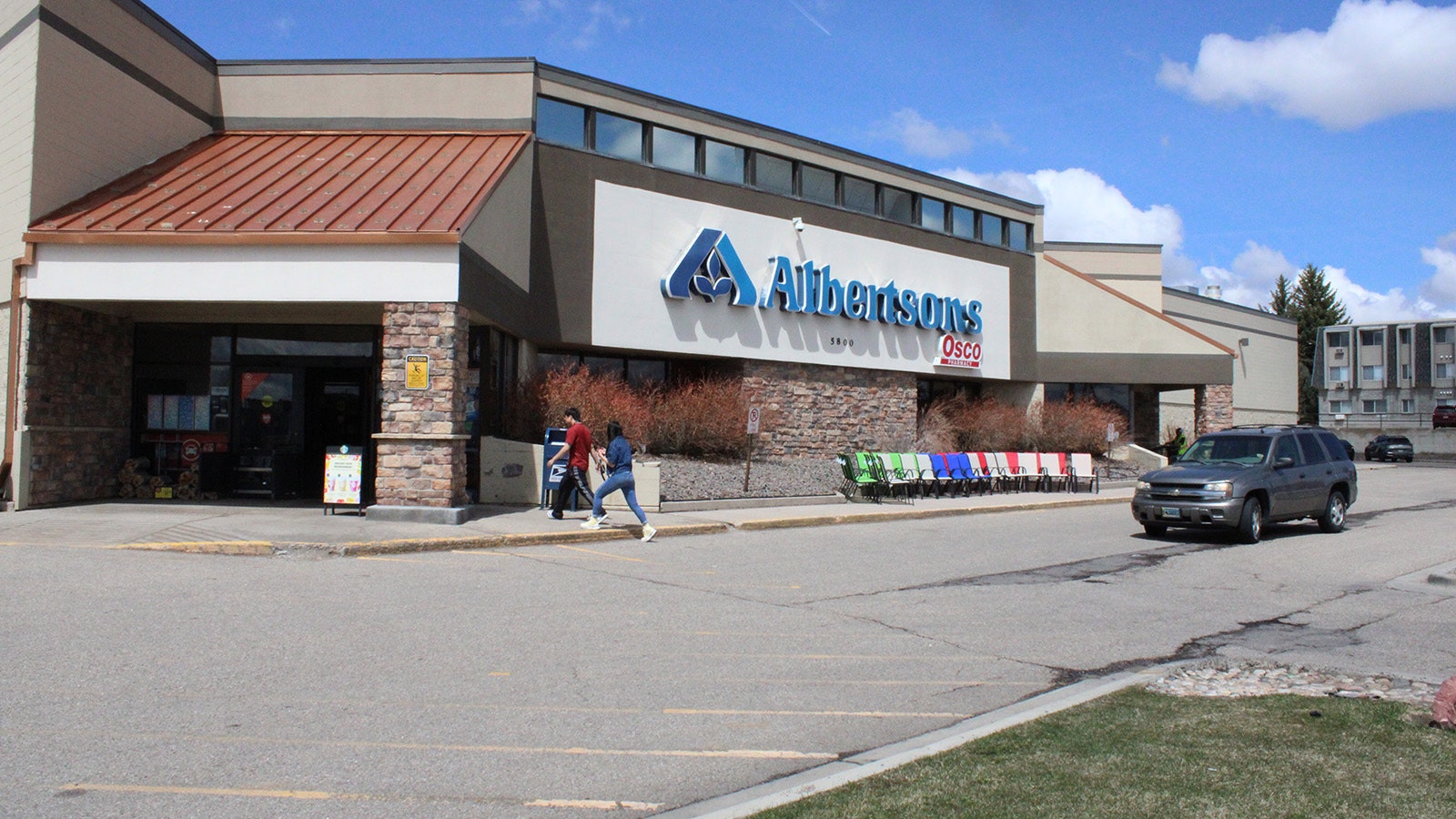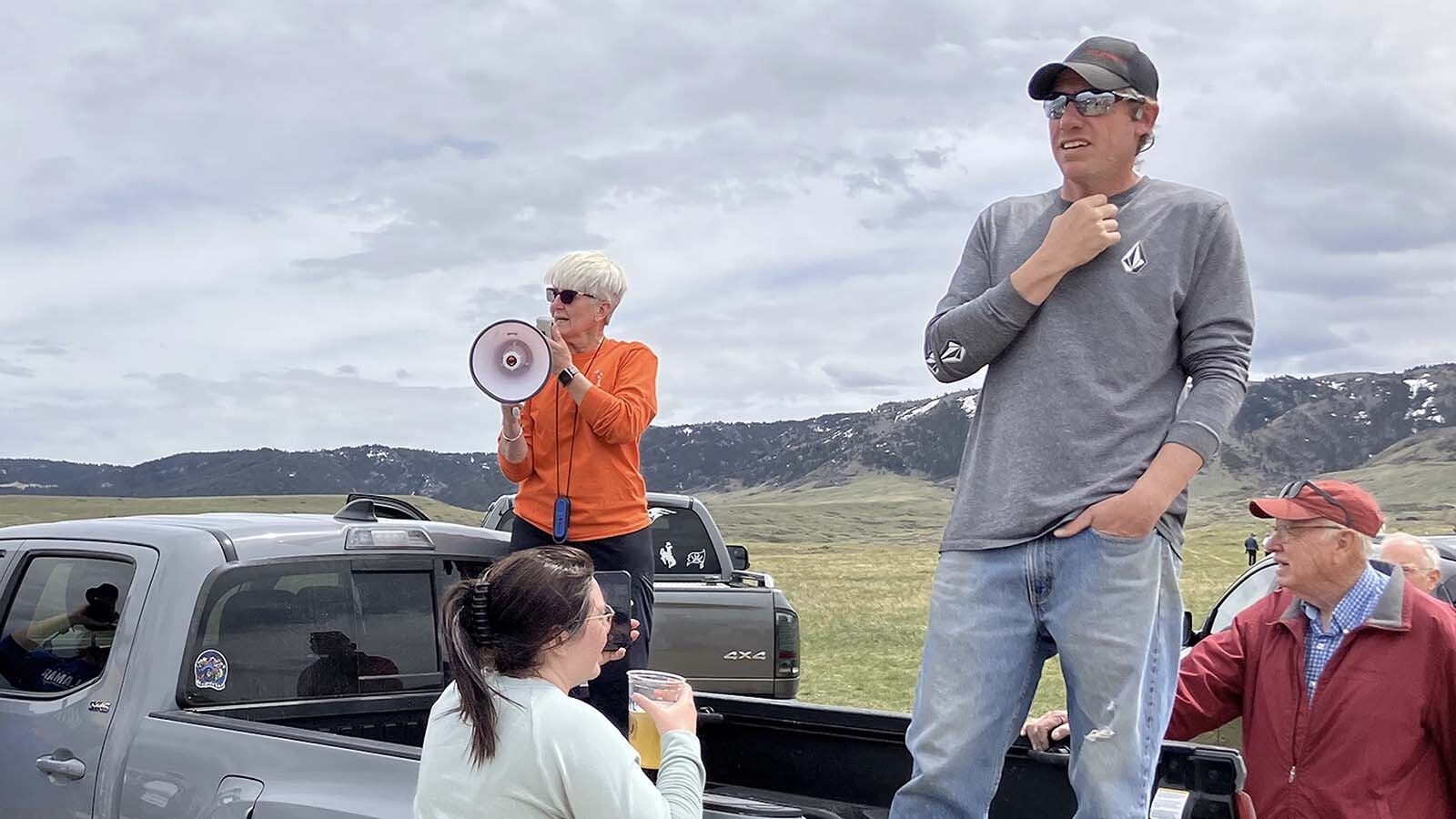Attorneys for grocery giant Kroger want a California judge to toss a “frivolous” lawsuit filed by 25 consumers from various states that seeks to stop its mega merger with Albertsons.
In its motion to dismiss, Kroger’s attorneys argue that even though the consumers filing suit have shopped at one or both chains at some point in time, that does not necessarily give them any standing under federal antitrust laws.
“While the Clayton Act provides private plaintiffs a theoretical statutory cause of action,” Kroger’s attorneys wrote in the motion, “it does not turn every grocery store consumer in the country into a roving antitrust enforcer.”
The consumer suit was filed in February, alleging that Kroger’s acquisition of Albertsons for $25 billion violates antitrust laws. The judge has set a May 18 hearing for the lawsuit.
What Is The Clayton Act
The Clayton Act is part of a suite of antitrust laws originally enacted in 1914 that seeks to add more substance to federal laws outlawing practices that harm consumers, such as monopolies, cartels and trusts.
The Clayton Act spells out particular conduct that is prohibited, as well as a few exemptions, and specifies remedial measures.
It became necessary after courts interpreted the Sherman Antitrust Act as prohibiting trade unions. Companies were also choosing to merge into a single large entity, thereby gaining all the benefits of a cartel’s market power, without violating the Sherman Act.
The Clayton Act specifies that mergers and acquisitions where the effect may substantially lessen competition or where particular voting securities and assets thresholds are met are anticompetitive and prohibited.
It also prohibits one person from directing two or more competing corporations, if the merger of those two corporations would violate antitrust criteria, outlaws price discrimination between different purchasers where that substantially lessens competition, and any exclusive deals that lessen competition.
Consumers’ Claims Are Premature, Implausible
Plaintiffs’ claims are premature, Kroger’s motion to dismiss alleges, because the merger review and divestiture process is still ongoing, and it’s not yet known which stores would be sold as a result of a merger.
The fact that no particular stores are yet on the sales block also makes it impossible for plaintiffs to have any standing, because it’s not known if they will be shopping at any stores that are closing. Nor can they show a relevant market where competition will suffer, Kroger’s attorneys contend.
“Plaintiffs’ allegation of a nationwide market for supermarkets requires this Court to infer that consumers might fly from San Francisco to New York City for their weekly grocery shopping,” Kroger’s attorneys contend, which is “facially implausible.”
These and other problems with the consumer suit make it “frivolous,” Kroger’s attorneys wrote, and the claim for returning the $4 billion dividend Albertsons has paid to its shareholders ahead of the merger is “nonsensical” and “unavailable as a matter of law.”
“The reality is that Kroger never asked Albertsons to pay the dividend, never agreed to pay the dividend, did not control the dividend, did not pay the dividend, did not receive the dividend,” Kroger’s attorneys wrote. “Albertsons’ payment of the dividend was unilateral and cannot form the basis of a Sherman Act claim.”
For those reasons, the court should simply dismiss the case, with prejudice, so that plaintiffs cannot refile it.
Latest Obstacle
Regardless of where the consumer lawsuit winds up, opposition to the Albert-Krogerson deal has continued to build. Members of Congress have held hearings on the deal, asking pointed questions, and the FTC is asking questions that atypical for a deal of this nature.
A coalition of unlikely bedfellows has also formed, which includes free-market groups and unions, as well as producers to oppose the merger on a national scale.
UFCW Local 7 represents about 750 Wyoming grocery store workers. Its president, Kim Cordova, has told Cowboy State Daily that these types of mergers have not lived up to all the promises of lower prices and better wages for workers in the past.
Instead, the opposite has happened.
When Albertsons sold off 168 of its locations to Haggen Foods and Pharmacy after the 2014 merger of Albertsons and Safeway stores, Haggen went bankrupt less than a year later in 2015. Dozens of those stores were then simply repurchased by Albertsons.
Cordova believes that’s because spin-offs in these deals are not really meant to thrive, they’re just meant to get the merger over the finish line.
“They’re not going to let that competitor thrive,” she said. “They sell them a lemon, basically.”
Because the Haggen stores went bankrupt, workers lost jobs and retirements, Cordova said. USDA data, meanwhile, shows food deserts in Wyoming had expanded in 2019, versus what they were in 2015.





